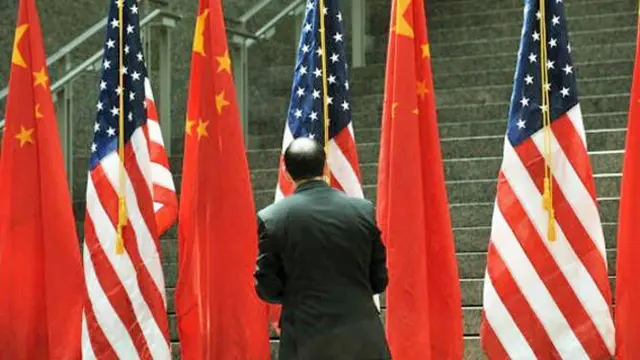How to address the migrant crisis was at the center of Italian debate on Monday, a day after hundreds of people were feared to have drowned over the weekend while attempting the Mediterranean Sea crossing.
As a coast guard vessel arrived in Malta carrying 24 bodies and 27 survivors of the shipwreck that may have killed up to 900 migrants according to witness accounts, Italian authorities said it is unsustainable for the European Union (EU) to leave Italy alone in managing the migrant crisis.
The problem of Libya must be solved "from its root cause," Prime Minister Matteo Renzi stressed. Some 3,500 migrants lost their lives in the attempt to cross the Mediterranean Sea last year to enter Europe from its southern borders and the death toll has continued to increase in the first months of 2015.
"Smugglers make huge profits from these desperate journeys. Most of the migrants are not from Libya. They are from the Sahel and West Africa and are worth thousands of euros each," Francesco Tosato, an analyst at Rome-based Ce.S.I. Centre for International Studies, told Xinhua.
Tosato noted Libya is juggling with two rival parliaments, the internationally recognized House of Representatives and the Islamist-backed General National Congress. "The situation is out of control. A solution is urgently needed also in order to address the migrant issue," he added.
In his view, dialoguing with what he called the "backbone of Libyan society," that is to say tribes, is key. "Libyans should be the protagonist of an international effort to reconstruct their country. They should be called to sit at a common table and figure out the future of Libya," he pointed out.
Tosato stressed there is no way to stop the perilous crossings, in which thousands of people are forced by smugglers to go to their death with the use of inconceivable violence, only by putting in place a European operation in Libyan ports.
"This would trigger the joint reaction of Libyan forces against a common target," the analyst explained to Xinhua. Libya needs a government of national unity able to govern the country by rules. "Working at making Libya more stable while patrolling the Mediterranean all together is the only way for European countries to stop the migrant disasters," he said.
According to an Italian prosecutor who is carrying out an international investigation on the illegal journeys from Libya to Italy, Maurizio Scalia, there are as many as one million migrants ready to leave from the Libyan coast. A number of departures are expected during the summer.
"Early in 2011 we had strongly suggested to the international community not to fight against the then Libyan leader Muammar Gaddafi," Alfredo Carmine Cestari, President of the Chamber of Commerce Italafrica, told Xinhua. "We would have preferred a diplomatic solution," he said.
"As a result, Libya today totally lacks control on borders and has lost its economic ties with Italy and other European countries, " he elaborated. The Chamber of Commerce Italafrica has estimated a loss of at least 1 billion euros (1.07 billion U.S. dollars) for Italian companies operating in Libya.
"Yet it is difficult to assess the true damage as in Libya there are hundreds of Italian small and micro businesses besides big companies," Cestari went on explaining to Xinhua. He noted that Italy traditionally is one of the main agro-food and technology suppliers of Libya. Textiles, raw materials, building materials, health, infrastructures and telecommunications are among the other important business sectors.
"Italy has a history of friendly relations with Libya," Cestari highlighted. Even amidst the Libyan unrest, he added, Italian institutions still have the power and the authority to lead international missions aimed at mending ties between Libyans and with Libyans.
"I call it an economic cooperation, or an economic diplomacy. This is the only urgent way to address the migrant issue before we have to witness other unbearable tragedies at sea," he concluded. Enditem
 简体中文
简体中文

